As any parent knows, dealing with diapers is a dirty business. Aside from the unpleasant necessity of changing the child, there's the issue of dealing with and disposing of the used diapers and, subsequently, how they form mountains of additional trash in our landfills. This made the folks at HIRO Technologies ask themselves, “What if we made a diaper that could ‘eat’ itself away?”
This is how HIRO Technologies developed the HIRO MycoDigestible Diaper. Each diaper comes with a packet of plastic-eating mycelium fungi that will break down the diaper’s materials and consume it, not only completely decomposing the diaper but also enriching the soil on the landfill ground. All the parent has to do is place the packet into the diaper before taping it up and tossing it into the garbage can.
According to the World Economic Forum, over 300,000 diapers are collected in landfills or incinerated each minute, and the Environmental Protection Agency says the average plastic disposable diaper can take 500 years to completely decompose. This ever-growing, ever-stinky problem has had eco-conscious parents hoping to find a diaper that’s as convenient as a single-use disposable without contributing to our already gigantic landfills.
“The response has been nothing short of electric. People are hungry for real solutions, and this one hits home—both literally and globally,” said Tero Isokauppila, co-founder of HIRO Technologies, in an interview. Isokauppila is proud of this breakthrough, but is looking forward to testing out other applications for this fungi to reduce waste worldwide.
“If we can break down a diaper, we can break down anything,” he claimed. “Once we’ve gained enough market share, we can partner with other brands and bring this technology to the world.”
For now, the HIRO diapers are sold as a subscription service with a week’s supply of diapers, wipes, and fungi packets at $35/week, but the hope is to provide the product on the store shelves of major retailers. Time will tell if that comes to fruition.
In the meantime, many parents are trying to find ways to raise their baby without heavily contributing to landfills or harming the environment. Aside from using washable cloth diapers, many eco-friendly parents use cloth burp rags, wipes, and rags in general for cleaning to then wash and reuse over and over.
Along with items meant to clean up messes, many parents who practice sustainable living also purchase baby products that can still be used when the child ages out of them. This can include a high chair that transforms into a small stepping stool so the child can wash their hands at a sink, a stroller that can be converted into a car seat, or a changing table that switches into a regular clothes drawer for when the child is fully potty trained.
@heyashleyrenne Part 2 of #EcoFriendly Habits to Teach Your Kids! 🌎 #sustainability #thrifting #ecofamily #toddlersoftiktok #investing #secondhand #fyp
These are just a few methods a parent can try if they want to reduce the amount of waste that child-rearing can produce. While it is important to raise a child with comfort and care in mind, it would be beneficial to ensure that the child also has a great global environment to inherit as they grow.





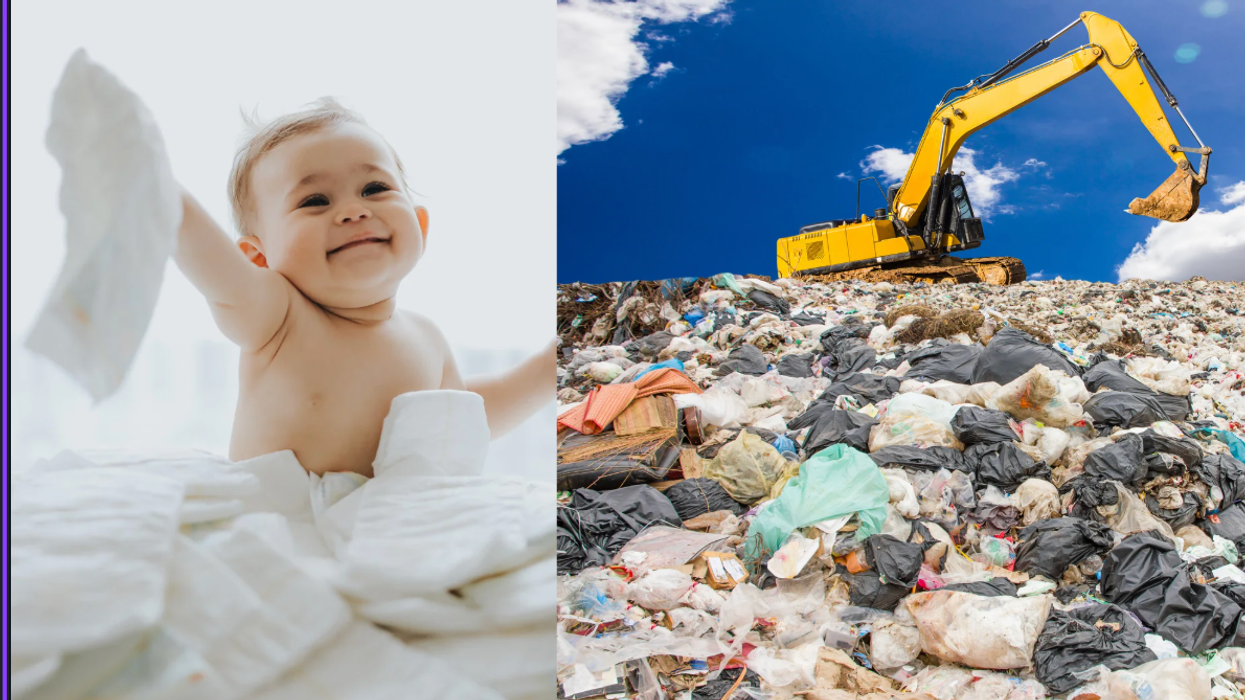











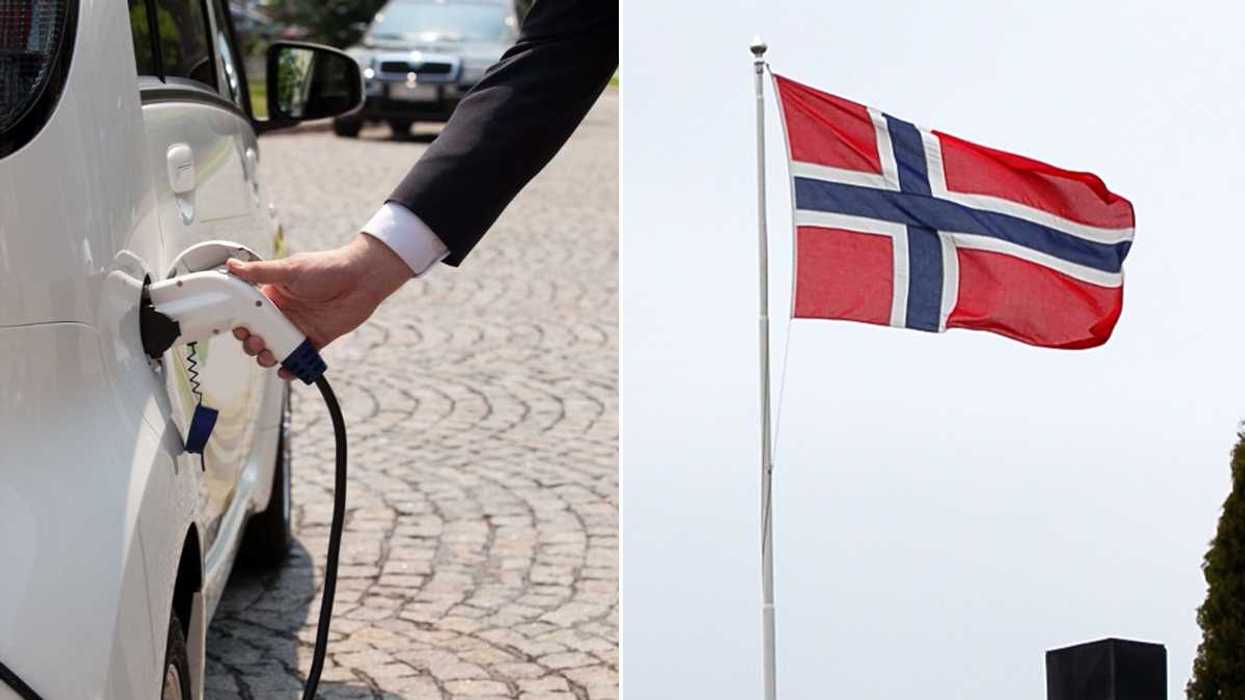
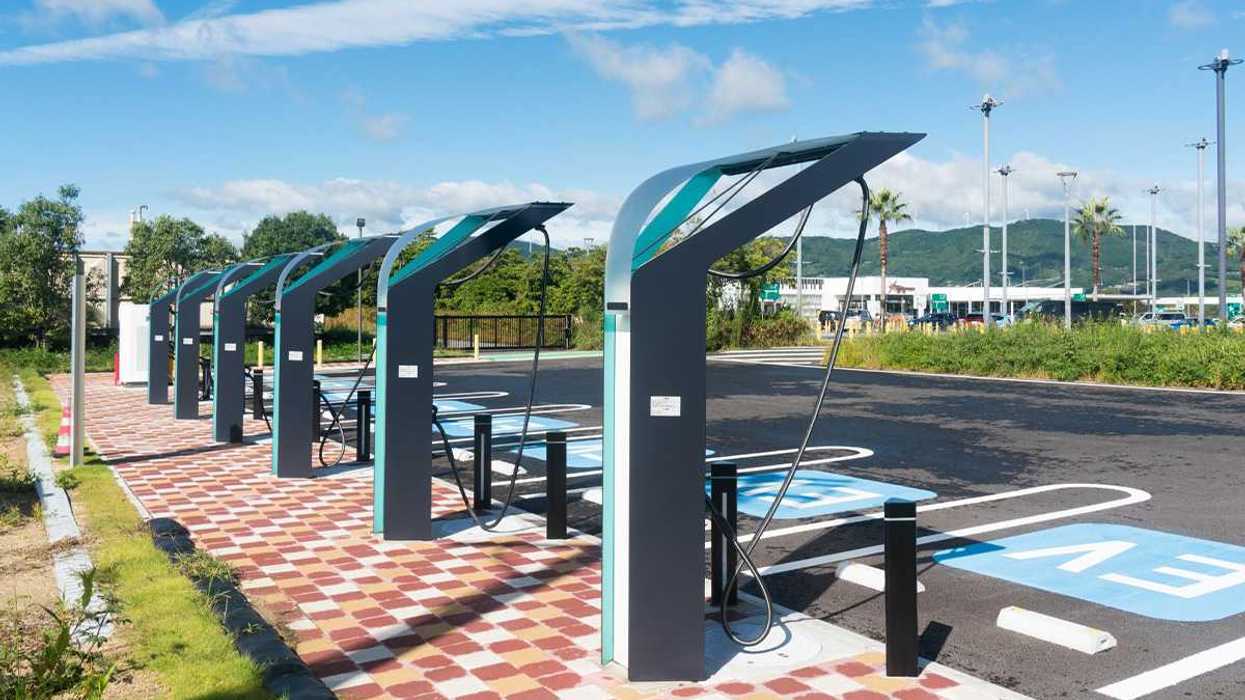 A parking lot for charging electric vehicles.Photo credit
A parking lot for charging electric vehicles.Photo credit 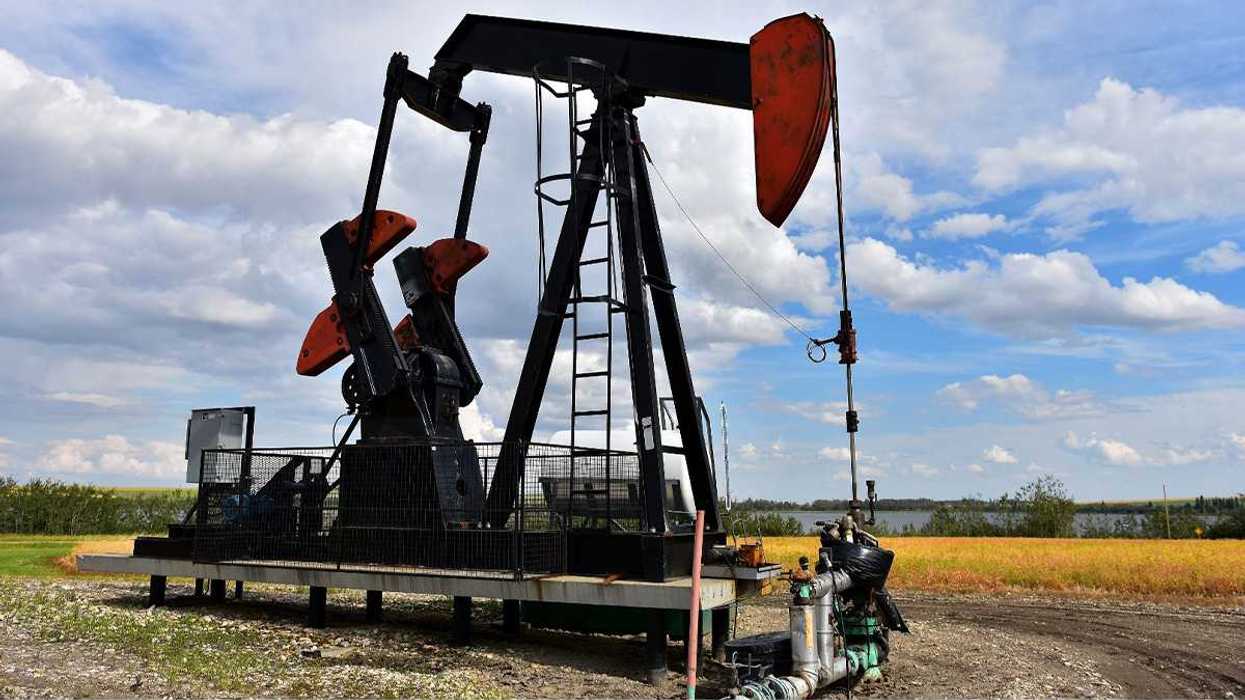 Oil production.Photo credit
Oil production.Photo credit  Sun shines over the Earth.Photo credit
Sun shines over the Earth.Photo credit 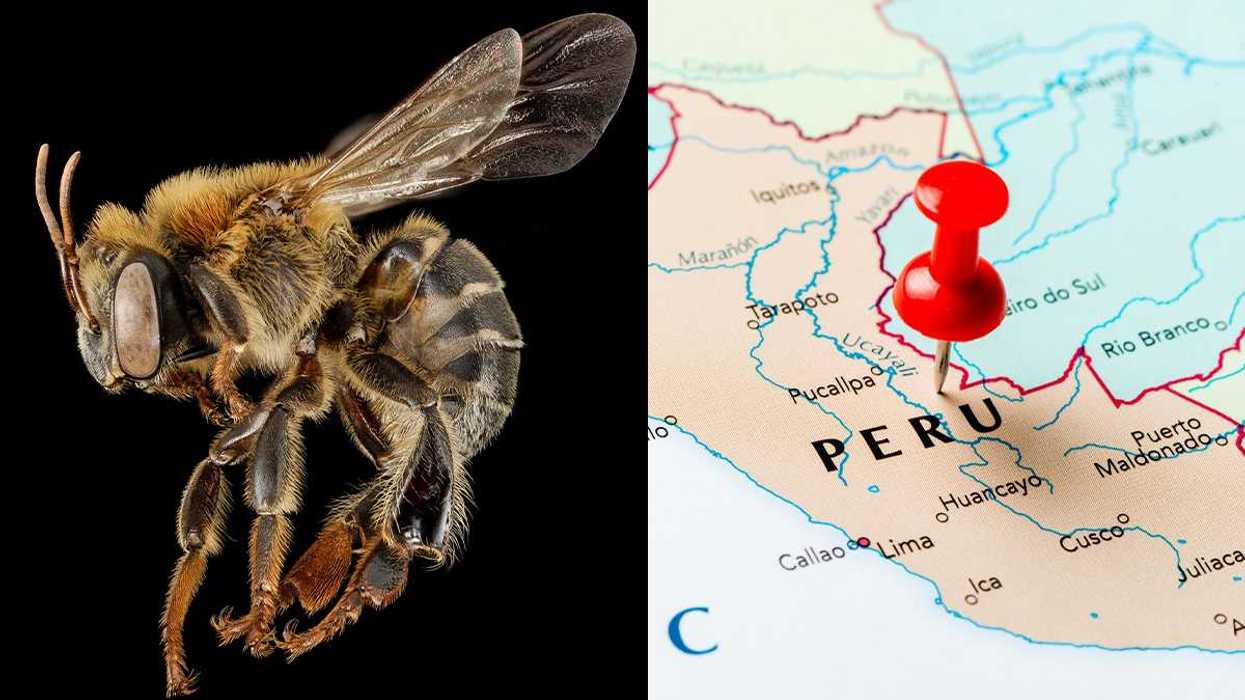
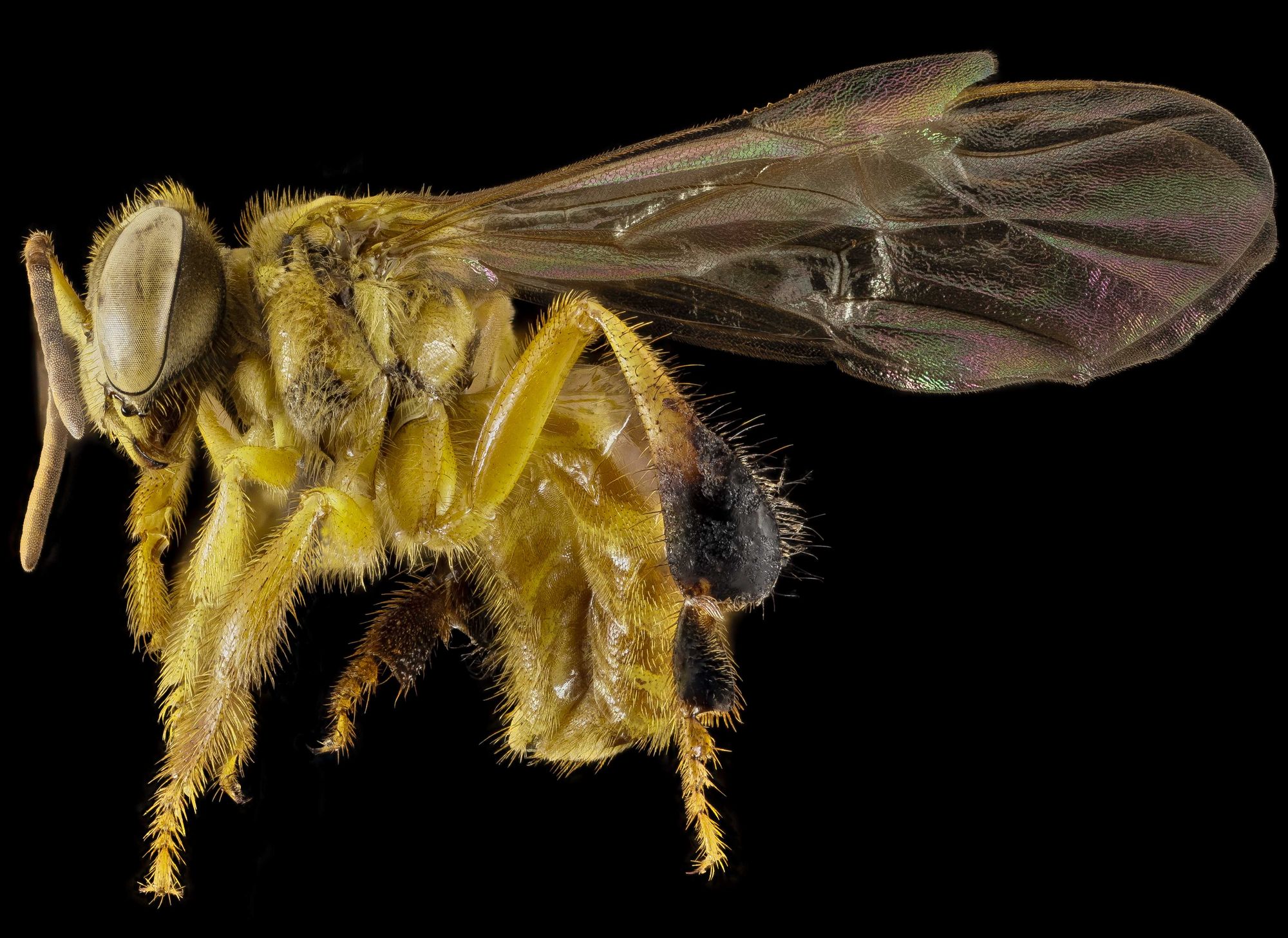 Peru stingless bee.USGS Bee Inventory and Monitoring Lab/
Peru stingless bee.USGS Bee Inventory and Monitoring Lab/ 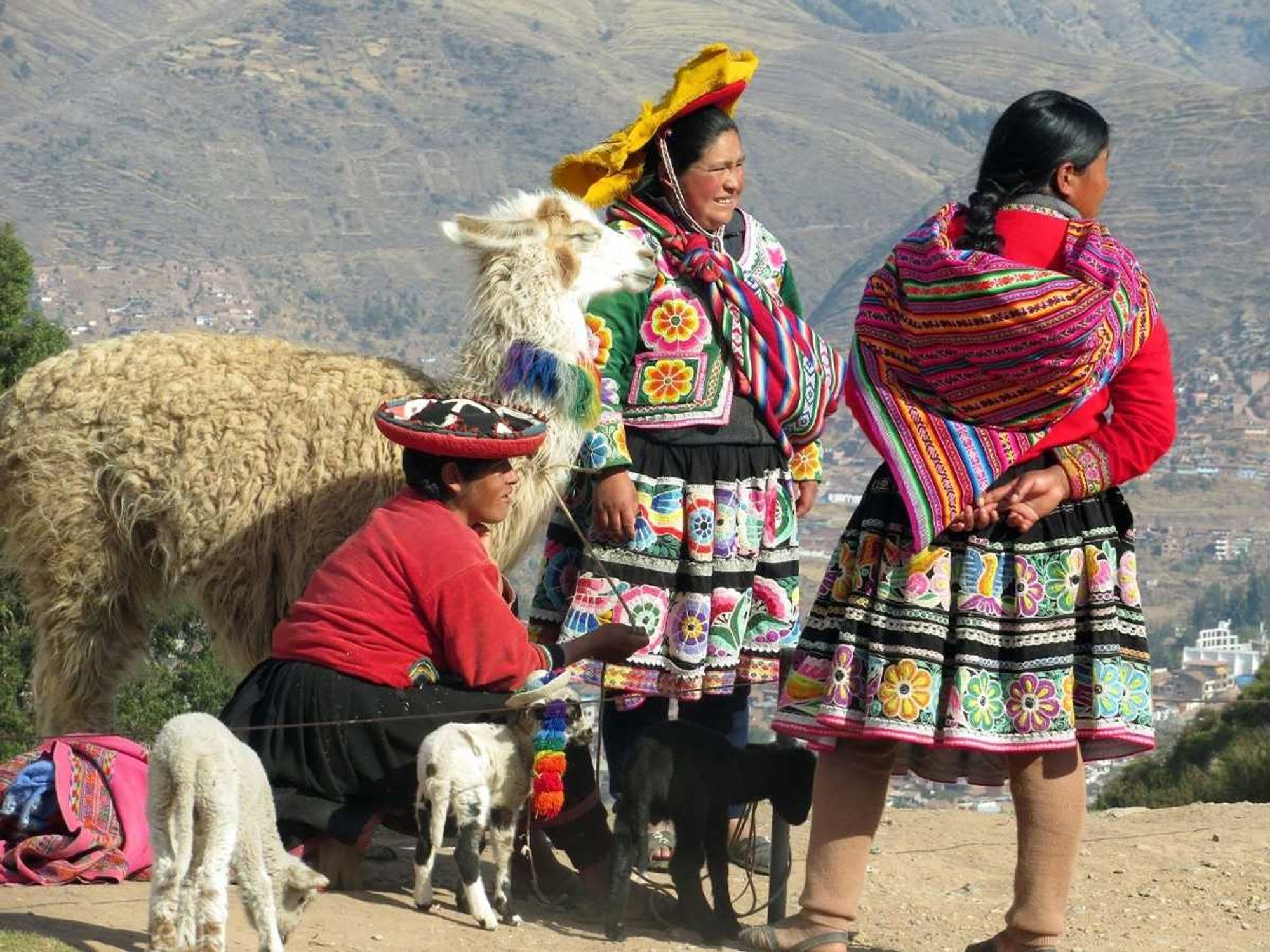 Indigenous Peruvian people.Photo credit
Indigenous Peruvian people.Photo credit 
 Representative Image: Accents reveal heritage and history.
Representative Image: Accents reveal heritage and history.  Representative Image: Even unseen you can learn a lot from an accent.
Representative Image: Even unseen you can learn a lot from an accent. 
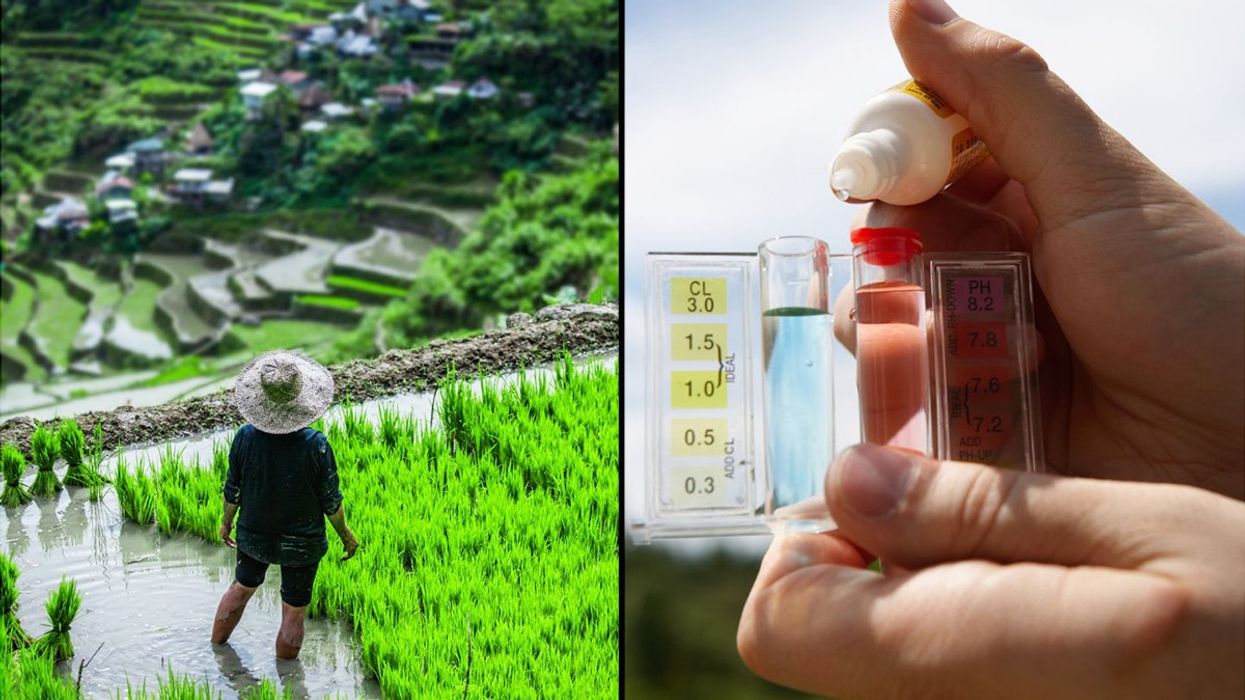
 Rice grain and white rice.Image via
Rice grain and white rice.Image via  Person eats rice.Image via
Person eats rice.Image via  Washing and rinsing rice.
Washing and rinsing rice.  Mother and daughter eating rice meal.Image via
Mother and daughter eating rice meal.Image via 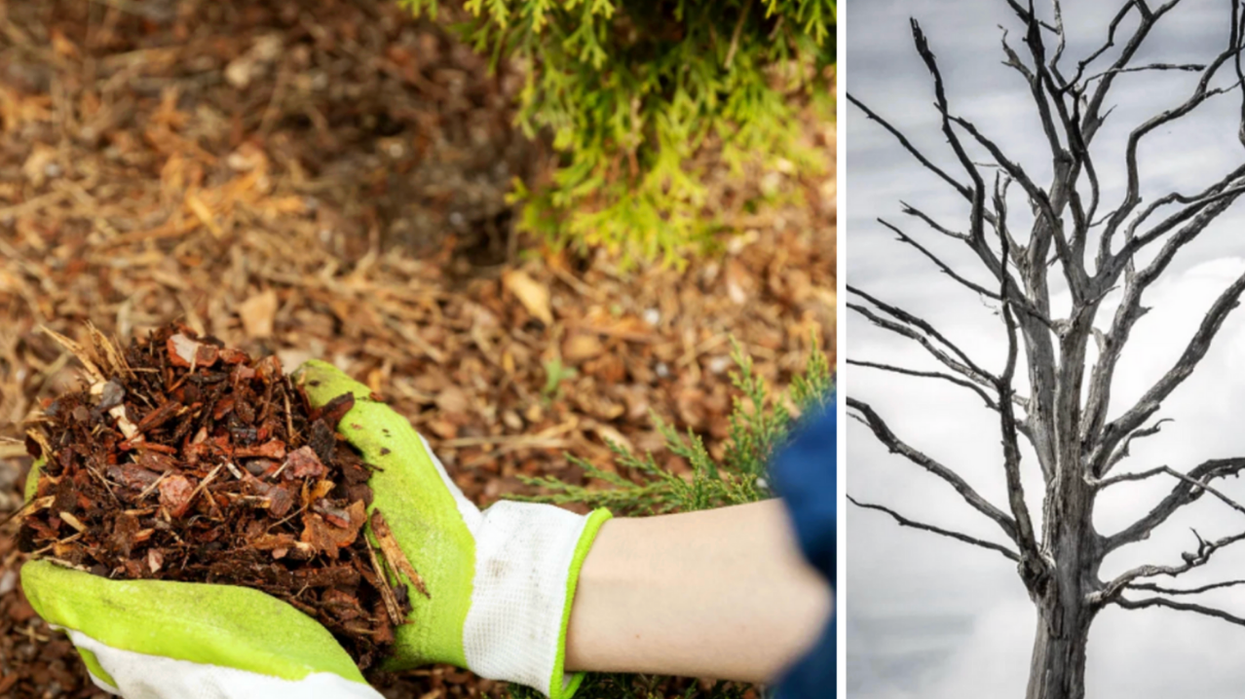

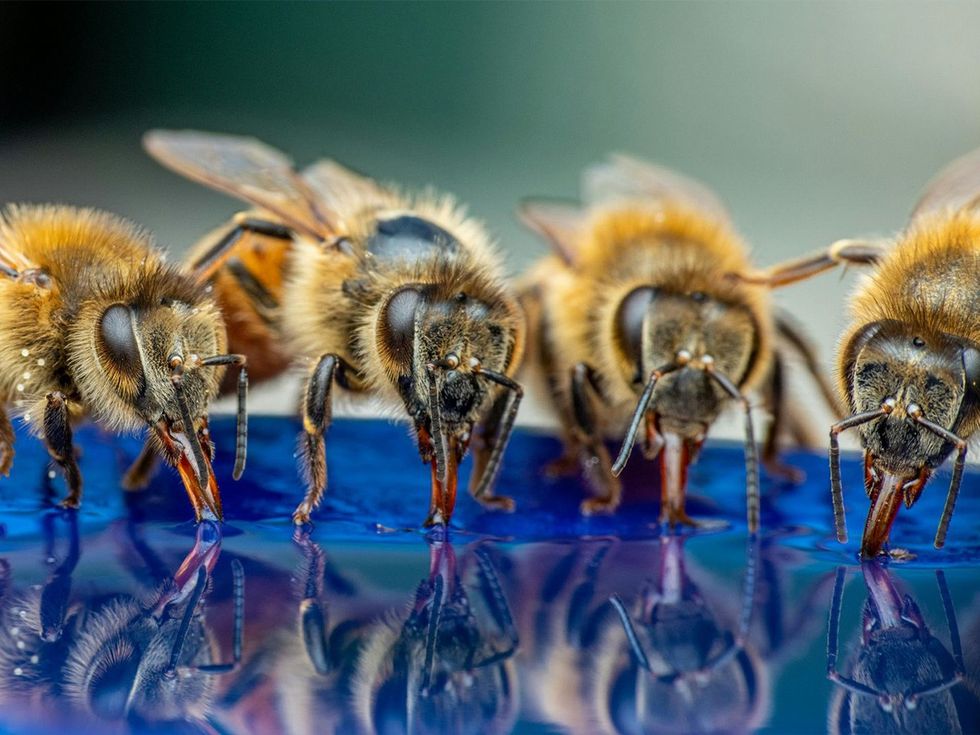 Bees feeding on food source.Image via
Bees feeding on food source.Image via
President Donald J. Trump and photo of a forest.
Public united and adamantly opposes Trump’s plan to roll back the Roadless Rule
There doesn't seem to be much agreement happening in the U.S. right now. Differing moral belief systems, economic disparity, and political divide have made a country with so many positives sometimes feel a little lost. Everyone desperately seeks a niche, a connection, or a strong sense of community to which they can feel a "part of," rather than just "apart."
But there seems to be one thing that the country strongly unites over, and that's the "Roadless Rule." With the Trump Administration attempting to roll back conservation policies that protect U.S. National Forests, Americans are saying in harmony an emphatic "No." A nonpartisan conservation and advocacy organization, the Center for Western Priorities, reviewed a comment analysis on the subject. After receiving 223,862 submissions, a staggering 99 percent are opposed to the president's plan of repeal.
What is the 'Roadless Rule' policy implemented in 2001?
The Roadless Rule has a direct impact on nearly 60 million acres of national forests and grasslands. According to the U.S. Department of Agriculture, the rule prohibits road construction and timber harvests. Enacted in 2001, it is a conservation rule that protects some of the least developed portions of our forests. It's considered to be one of the most important conservation wins in U.S. history.
America's national forests and grasslands are diverse ecosystems, timeless landscapes, and living treasures. They sustain the country with clean water and the wood products necessary to build our communities. The National Parks protected under their umbrella offer incredible recreational retreats and outdoor adventure.
Why does the administration want to roll it back?
U.S. Secretary of Agriculture Brooke L. Rollins told the Department of Agriculture in a 2025 press release, “We are one step closer to common sense management of our national forest lands. Today marks a critical step forward in President Trump’s commitment to restoring local decision-making to federal land managers to empower them to do what’s necessary to protect America’s forests and communities from devastating destruction from fires." Rollins continued, “This administration is dedicated to removing burdensome, outdated, one-size-fits-all regulations that not only put people and livelihoods at risk but also stifle economic growth in rural America. It is vital that we properly manage our federal lands to create healthy, resilient, and productive forests for generations to come. We look forward to hearing directly from the people and communities we serve as we work together to implement productive and commonsense policy for forest land management.”
Forest Service Chief Tom Schultz explained the Roadless Rule frustrated land management and acts as a challenging barrier to action. It prohibits road construction needed to navigate wildfire suppression and properly maintain the forest. Schultz said, “The forests we know today are not the same as the forests of 2001. They are dangerously overstocked and increasingly threatened by drought, mortality, insect-borne disease, and wildfire. It’s time to return land management decisions where they belong – with local Forest Service experts who best understand their forests and communities."
Why are people adamantly opposed to the proposed rollback?
A 2025 article in Earthjustice, a nonprofit environmental law organization, expressed its concern over the protection of national forests covering 36 states and Puerto Rico. A rescinded rule allows increased logging, extractive development, and oil and gas drilling in previously undisturbed backcountry. Here is what some community leaders had to say about it:
President Gloria Burns, Ketchikan Indian Community, said, "You cannot separate us from the land. We depend on Congress to update the outdated and predatory, antiquated laws that allow other countries and outside sources to extract our resource wealth. This is an attack on Tribes and our people who depend on the land to eat. The federal government must act and provide us the safeguards we need or leave our home roadless. We are not willing to risk the destruction of our homelands when no effort has been made to ensure our future is the one our ancestors envisioned for us. Without our lungs (the Tongass) we cannot breathe life into our future generations.”
Linda Behnken, executive director of the Alaska Longline Fishermen’s Association, stated, "Roadbuilding damaged salmon streams in the past — with 240 miles of salmon habitat still blocked by failed road culverts. The Roadless Rule protects our fishing economy and more than 10,000 jobs provided by commercial fishing in Southeast Alaska.”
The Sierra Club's Forest Campaign Manager Alex Craven seemed quite upset, saying, "The Forest Service followed sound science, economic common sense, and overwhelming public support when they adopted such an important and visionary policy more than 20 years ago. Donald Trump is making it crystal clear he is willing to pollute our clean air and drinking water, destroy prized habitat for species, and even increase the risk of devastating wildfires, if it means padding the bottom lines of timber and mining companies.”
The 2025 recession proposal would apply to nearly 45 million acres of the national forests. With so many people writing in opposition to the consensus, the public has determined they don't want it to happen.
Tongass National Forest is at the center of the Trump administration's intention to roll back the 2001 Roadless Rule. You can watch an Alaska Nature Documentary about the wild salmon of Tongass National Forrest here:
- YouTube www.youtube.com
The simple truth is we elect our public officials to make decisions. The hope is they do this for all of our well-being, although often it seems they do not. Even though we don't have much power to control what government officials do, voicing our opinions strongly enough often forces them to alter their present course of action. With a unanimous public voice saying, "No!" maybe this time they will course correct as the public wishes.